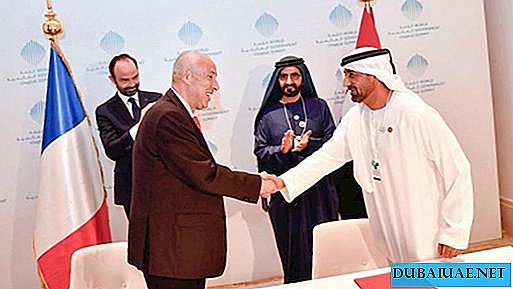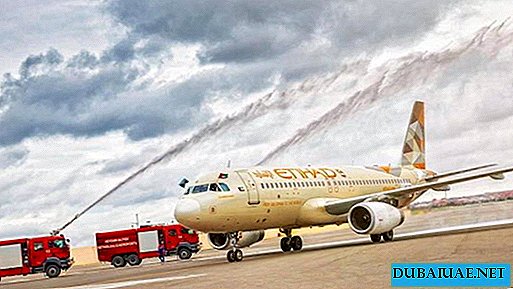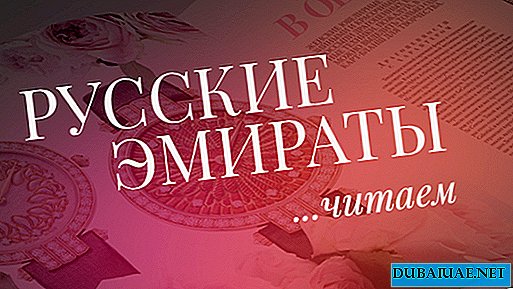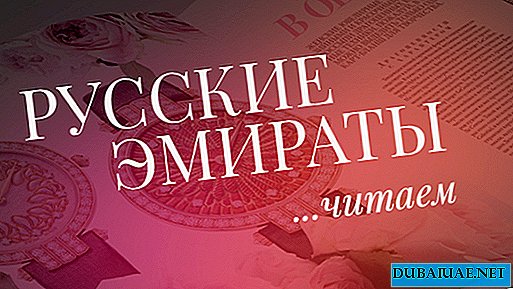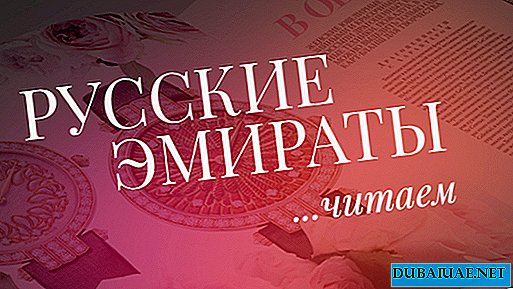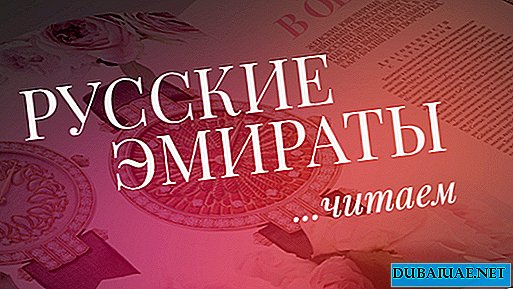 The World Congress of Compatriots was held on October 24-25, 2006 in St. Petersburg in the Tauride Palace. The aim of the Congress was to develop effective solutions aimed at consolidating compatriots, protecting their legal rights and interests, preserving the Russian-speaking space and ethnocultural identity. The main task is to bring interaction with compatriots to a qualitatively new level.
The World Congress of Compatriots was held on October 24-25, 2006 in St. Petersburg in the Tauride Palace. The aim of the Congress was to develop effective solutions aimed at consolidating compatriots, protecting their legal rights and interests, preserving the Russian-speaking space and ethnocultural identity. The main task is to bring interaction with compatriots to a qualitatively new level.
The Congress was attended by about 600 foreign compatriots from 78 countries of the world, as well as heads of legislative and executive authorities of the Russian Federation, a number of Russian regions, religious denominations, public organizations, research institutes, and the media. Among the guests was Sergey Tokarev, General Director of Russian Emirates, participating in Congress on the recommendation of the Russian Embassy in Abu Dhabi (UAE).
The main discussion at the forum revolved around the three main documents recently adopted in Russia - the Program of work with compatriots abroad for 2006-2008, the Federal Target Program "Russian Language (2006-2010)" and the State Program to Assist Voluntary Resettlement in Russian compatriots living abroad. Representatives of the Russian diasporas in many countries proposed the creation of the Coordinating Council of Russian Compatriots, which would be a real partner of Russia, the Government Commission on Compatriots Abroad, in all matters related to the problems of compatriots.
Opening Remarks by President of the Russian Federation Vladimir Putin at the World Congress of Compatriots Living Abroad
Good afternoon, dear friends, ladies and gentlemen!
Let me greet all of you in St. Petersburg.
You represent here the multinational and multifaceted world of the Russian diaspora, represent the interests of millions of people who are closely connected with Russia and do not think of themselves outside its history, culture and language.
Here are compatriots from all over the world, from 78 countries of the world. Your contribution to strengthening ties with Russia is truly invaluable. You give this activity not only your strength and time, not only knowledge and sometimes capital - you give your heart and do it by your own, deeply personal choice.
I must say right away that interaction with the diaspora, support and protection of the rights of compatriots are one of our national priorities, and this approach is dictated by the logic of the development of our country.
The stronger, the more successful Russia, the closer our contacts with the diaspora abroad become and, of course, the more powerful and influential the voice of our compatriots abroad.
Today, issues that are of particular concern to you will be discussed here. Most of them are familiar. We strive to help solve them. To this end, the most important decisions and the most important documents have been recently adopted.
In early October, the Government approved a program of work with compatriots abroad, designed for a three-year period. It takes into account modern requests, needs, needs of compatriots and allows us to provide support to them practically all over the world.
The main areas here are the legal protection of the rights of compatriots, the organization of children's leisure, the treatment of veterans, the supply of educational and methodological literature, the support of Russian theaters, the retraining of teachers, and those who work in the media.
This year Russia allocated 323 million rubles for these purposes, and next year - 342 million. This is almost seven times more than in 2000.
So far this is not so much money. However, it is important to use them in the most efficient manner. In addition, in the future it would be more logical to allocate funds for specific, carefully designed projects, and not to customize events for a fairly modest budget.
Today I would like to dwell in more detail on the issue of voluntary resettlement of compatriots to Russia. As you know, in June this year the corresponding state program was adopted.
It provides an opportunity for compatriots who have made such a decision to return to Russia. They will be assisted in relocation and initial arrangement, including registration of legal and social status, provision of work, municipal and pension services, pre-school, school, and vocational education.
In the next 2007, the initial phase of the program will begin. For these purposes, 4.6 billion rubles are allocated from the federal budget.
12 regions of the Russian Federation are ready to accept migrants: these are Krasnoyarsk, Primorsky, Khabarovsk Territories, Amur, Irkutsk, Kaliningrad, Kaluga, Lipetsk, Novosibirsk, Tambov, Tver and Tyumen Regions. The authorities of these territories have already submitted their concrete proposals to the Government for approval. They should contain measures for the employment of migrants and their families, as well as a clearly defined social support package.
Abroad, the resettlement program will be implemented by consular offices of Russia and representative offices of the Federal Migration Service. But they will need the help of your organizations. After all, you know well both the people themselves and their needs and the circumstances in which they live. And we will provide support to those who decide to move to Russia.
We know and understand perfectly well: the overwhelming majority of Russians and representatives of other indigenous nationalities of Russia found themselves abroad not of their own free will. We will do everything to help those who want to return to their homeland. At the same time, I want to emphasize that I have already spoken about this publicly and want to say again: this program does not aim to drag all compatriots to the territory of today's Russian Federation at all costs - it should provide only the right and opportunity to choose for those who want to do this.
 I would also like to touch on the topic of labor migration, which to a large extent affects the interests of our compatriots from the CIS countries. We will - I must say this, I think that everyone will understand me - to fight illegal labor immigration. But at the same time, we will simplify the procedures for legalizing those who live and work on the territory of the Russian Federation, simplify their ability to work and live here legally.
I would also like to touch on the topic of labor migration, which to a large extent affects the interests of our compatriots from the CIS countries. We will - I must say this, I think that everyone will understand me - to fight illegal labor immigration. But at the same time, we will simplify the procedures for legalizing those who live and work on the territory of the Russian Federation, simplify their ability to work and live here legally.
Starting January 15 of the next year, the regimes for obtaining permission to stay in Russia and to get a job will be greatly simplified. At the same time, employers' responsibilities are increased and unnecessary administrative barriers are removed.
Dear friends!
One of the most significant and pressing topics today is the preservation, development and teaching of the Russian language. The preservation of the Russian-speaking space is one of the priority issues of our interaction with you. We are worried that in a number of countries the Russian education system is being dismantled. In addition, Russian theaters, libraries, and cultural centers are experiencing difficulties today, including those of a financial and personnel nature.
We hope that the countries of the former Soviet Union will strengthen their national languages, which is quite natural. And we not only understand this - we will do our utmost to promote and support this, including supporting the development of these languages in the Russian Federation. But at the same time, we expect that in these countries they will support the development of the Russian language as our common heritage from the time of the Soviet Union, as a natural basis for cooperation, for the development of relations and friendship between the peoples of the former Soviet Union.
I would like to inform you that the Russian language federal program has been adopted in Russia. I hope that its capabilities will be fully demanded by you. In particular, in order to popularize the Russian language and to support a variety of forms of learning.
We also intend to create additional conditions for compatriots to receive education in Russian. We are talking about increasing government quotas and scholarships for studying at Russian universities, as well as supporting foreign educational institutions working under programs and with support, in contact with our universities and other educational institutions.
A serious problem is the observance of the rights and freedoms of compatriots. Contributing to their protection is our moral duty, and we will strive to fulfill it constantly.
We, like other countries, are guided by the universally recognized principle of taking into account each other's interests. This also applies to ensuring the rights and interests of compatriots.
I cannot but mention the well-known fact of mass statelessness in Latvia and Estonia. There are about 600 thousand so-called non-citizens - permanent residents of these countries. It is necessary to ensure that the authorities of these states break the inertia of outdated approaches and, in fact, begin to comply with pan-European legal standards. In resolving all these complex problems, your active and consolidated participation is extremely important.
However, the fragmentation and fragmentation of the organizations of compatriots existing today sometimes prevent you from defending, first of all, your own rights. And I believe that one of the main tasks should be overcoming disagreements and striving for unification.
I know that during the congress it is planned to create a coordinating council of compatriots. This, of course, is an important decision, since the council will contribute to the consolidation of compatriots. I think this idea is useful and reasonable. It is necessary, without delay, to establish practical cooperation between the Council and the Government Commission on Compatriots Abroad, the Ministry of Foreign Affairs of the Russian Federation, and regional authorities in Russia.
I also know that you are raising the question of representation in the Public Chamber of the Russian Federation. I consider such an initiative timely and possible to implement. We will think about how to do this.
A more active position in contacts with compatriots could be taken by Russian business. Some events within the framework of the current congress were sponsored by Russian companies. And this is a good start. We hope that business communities will in fact provide assistance to Russian-language publications, educational, cultural programs, and organizations of compatriots abroad.
I would also like to note the special role of religious denominations in strengthening cultural and humanitarian ties.
Many Russian regions also fruitfully cooperate with compatriots, among them the most successful are Moscow, St. Petersburg, the republics of Bashkortostan and Tatarstan. Such contacts open up great scope for the implementation of joint projects. However, any of the highest plans can be nullified by indifference, red tape, red tape and irresponsibility. Sometimes, only one official who is trying to solve a particular issue can destroy the trust and hopes of a huge number of people. Of course, I do not turn these words to you, but first of all to my own apparatus, the Government, and regional authorities.
We must not forget: dialogue with compatriots cannot have a break. It is a constant and result-oriented work. And now all levels of government are obliged to focus on the objective, practical side of the matter. I hope that substantive discussions here today at the congress will lead us to new useful conclusions and solutions.
Dear friends!
Your congress is taking place shortly before the new Russian holiday - National Unity Day, which we celebrate on November 4. This day, of course, unites not only the multinational people of Russia, but also millions of our compatriots abroad, unites the entire so-called Russian world. We are truly united, and no borders and barriers will prevent this unity. We have only one common goal - to make this unity even stronger.
Thank you very much for your attention and wish success to your congress.



